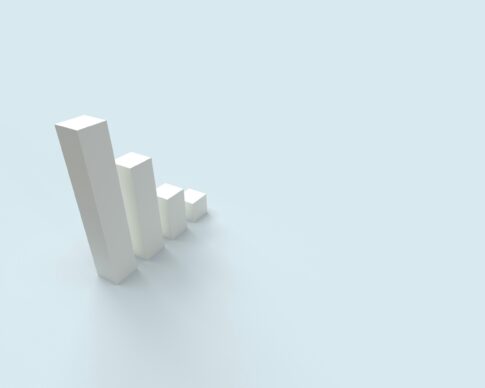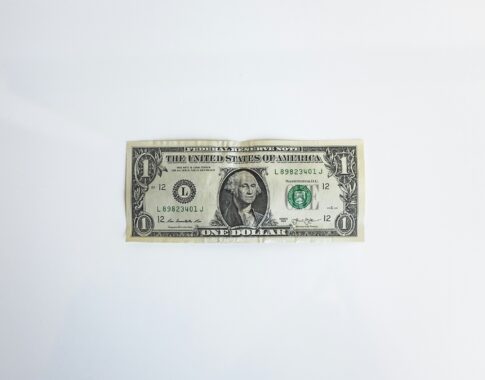Today, I will explain the following website. (AI-generated)
そっと上がった円相場「1ドル=154円」…超円安に終止符の兆し(中央日報日本語版) – Yahoo!ニュース
Contents
Understanding the Recent Shift in USD/JPY Exchange Rates
The USD/JPY exchange rate, a critical indicator of the economic interactions between the United States and Japan, has recently experienced a notable shift. The yen has shown signs of strengthening against the dollar, moving from a 38-year low of 161 yen to the dollar to 154 yen. This change has been attributed to various factors, including remarks by former President Trump and evolving market expectations regarding the interest rate differential between the two countries.
What Triggered the Yen’s Slight Rise Against the Dollar?
The yen’s appreciation can be traced back to a series of factors. Notably, former President Trump’s comments on the disadvantages of a strong dollar and a weak yen and yuan for the US economy have played a role. Additionally, the market’s anticipation of a narrowing interest rate gap between the US and Japan has contributed to the yen’s rise. Over ten days, the yen strengthened by more than seven yen against the dollar.
How Trump’s Remarks and Interest Rate Expectations Affect FX Markets
Forex markets are sensitive to geopolitical and economic statements, as evidenced by the impact of Trump’s remarks. His position, which favors a ‘weaker dollar’ to improve the US trade balance, suggests a non-acceptance of an undervalued Asian currency. This stance, coupled with the potential for his re-election, has significantly influenced investor sentiment, particularly those who had bet on continued yen weakness.
The End of the Ultra-Weak Yen Era: Analysts’ Predictions
Some experts predict that the era of an ultra-weak yen is coming to an end, with expectations of a rebound. Factors such as Trump’s statements and shifts in monetary policies in the US and Japan are cited as catalysts for this change in the investment flow, signaling a potential shift in the global currency landscape.
Key Factors Influencing the USD/JPY Currency Pair
The Role of Carry Trade and Its Unwinding in Currency Values
The carry trade, a strategy where investors borrow in a currency with low interest rates to invest in assets with higher returns, has been a significant player in the valuation of currencies. The unwinding of yen carry trades, prompted by shifts in the interest rate environment, has contributed to the yen’s appreciation as investors repatriate funds.
Monetary Policies: US Rate Cuts and Japan’s Stance on Interest Rates
Monetary policy decisions in the US and Japan have also influenced the USD/JPY exchange rate. Recent indications of possible rate cuts by the US Federal Reserve and the anticipation of Japan potentially tightening its monetary policy have led to a convergence in interest rate expectations, impacting the currency pair.
Government Interventions and Their Impact on the Yen’s Performance
Government interventions in foreign exchange markets can significantly affect currency values. Reports suggest that Japanese financial authorities have injected substantial funds into the market, which has helped the yen recover from its lows and stabilize against the dollar.
Implications and Future Outlook for Investors
Long-Term Predictions for the Yen: Analyst Insights
Looking ahead, some analysts foresee a long-term appreciation of the yen, driven by factors such as a weaker dollar and the growth of Japan’s domestic economic foundations. The unwinding of carry trades is expected to intensify in the latter half of the year, further supporting a stronger yen.
How the Yen’s Movement Affects the Korean Won and Export Competitiveness
The yen’s movements also have implications for the Korean won and the competitiveness of exports. A stronger yen can have a positive impact on Korean exporters by making their products more competitive against Japanese offerings. Conversely, a continued ultra-weak yen could undermine the competitiveness of Korean firms.
What FX Traders Should Watch in the Upcoming Period
FX traders should closely monitor the monetary policy decisions of both the US Federal Reserve and the Bank of Japan, as well as any geopolitical developments that could influence currency markets. Additionally, government interventions and the behavior of carry trade investments will be critical factors to watch in the coming months.













